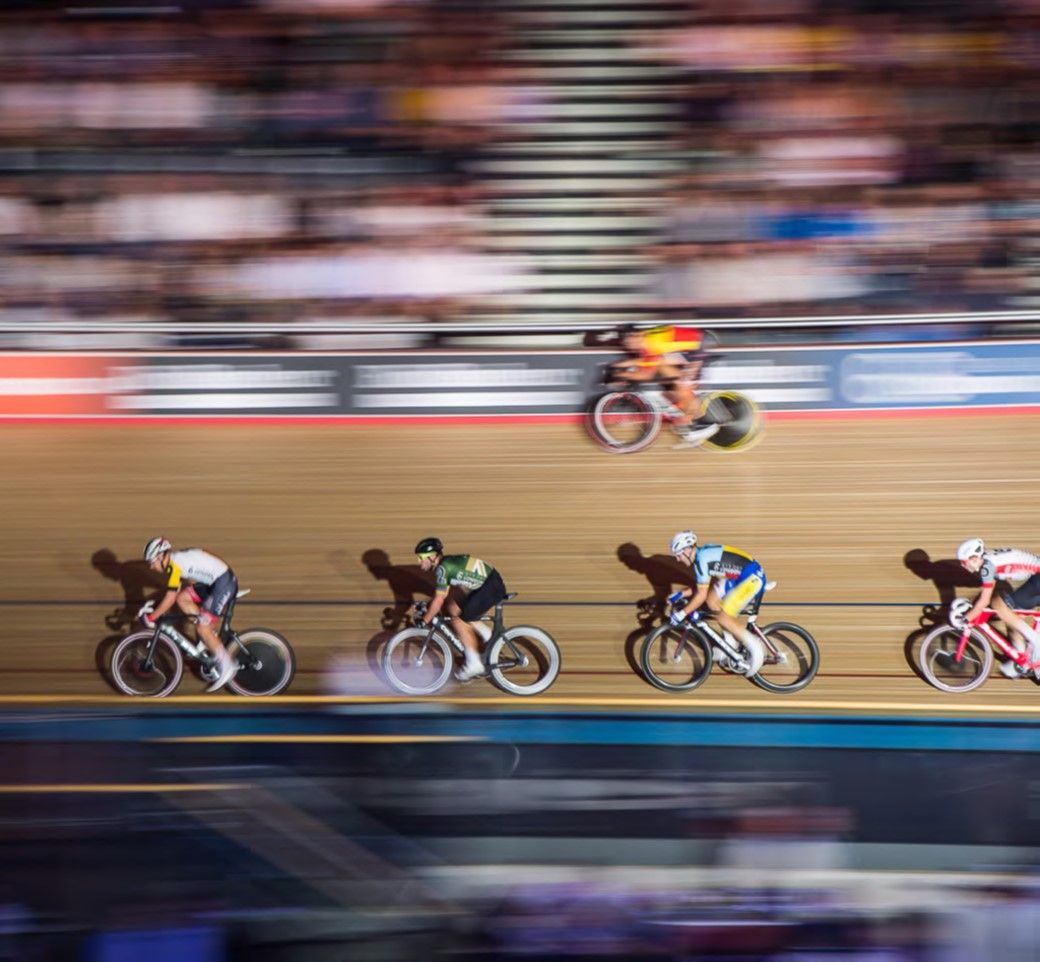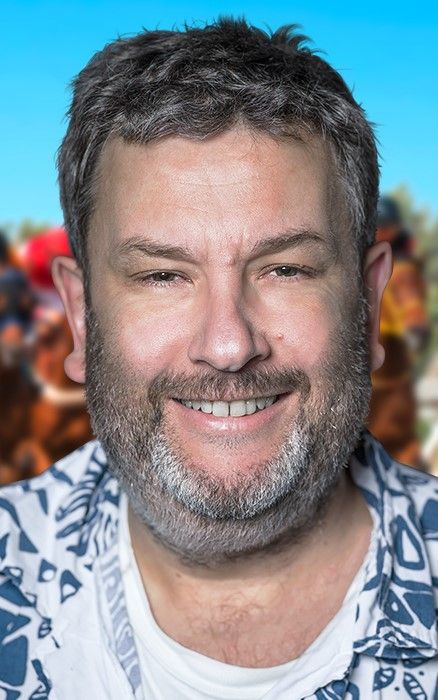The Belgian cycle race Nokere Koerse is not exactly a household name except amongst real enthusiasts of the sport.
It is listed as UCI 1.Pro race: a European semi-classic, single-day cycle race held in the Belgian region of Flanders. Only seven cyclists not born in Belgium or the Netherlands have won this race, and 2021 was no different with Nevilles-born Ludovic Robeet taking the win ten days ago for his UCI ProTeam Bingoal WB and Dutch cyclist Amy Peters winning the women’s race for her UCI Women's WorldTeam SD Worx. There was no 2020 race due to the Live Event lockdown.
Eurosport’s five-minute highlight package of the men's 2021 Nokere Koerse as Belgian Ludovic Robeet takes the win after out-thinking the peloton.
Of greater interest to those of us in the VIP Hospitality industry, race organisers Robrecht Bothuyne and Rony De Sloovere shared details with a Flemish language newspaper about the impact in terms of line-item additional costs and lost income on their staging of the 2021 race.
‘We were the first Flemish race that could not take [paying spectators] due to coronavirus,’ the organisers said. ‘Until a week before, we had hope. On Friday there was another meeting with the governor and co. on the programme to find out how we could still organize it. But the lockdown came on that Thursday and the meeting never took place. Our VIP tents were already up, a lot of costs had already been incurred.’
The VIP Hospitality cancellation cost €390,000 in gross income, netted down to a €220,000 loss when other savings are factored in, said Bothuyne and De Sloovere.
Government restrictions on public gatherings meant that spectators are banned from the race course which starts with a large loop to the south of the Nokere town, before three laps of the 30.5km finishing circuit, where there are eight cobblestone sectors. While this may mean the many paying road-side spectators might convert into broadcast spectators that switch-over is not reflected in any extra rights-fee or production-cost support.
‘Maybe there are more viewers but we are not really rewarded for that. We still pay back a large part of the production costs to Sporza [part of the VRT Belgian public-service radio and television network] In total: €49,000. That is still difficult to digest, because we know that other races do not have to do that. Fortunately, we can recover part of what Eurosport pays us for the foreign rights: €14,000,’ the two organisers said to Nieuws Blad.
Government restrictions meant total lost income including spectator entrance fees of €5 per person that would normally generate only around €10,000, as well as a pre-race party, junior races and cyclo-tourist rides that would bring in additional €15,000.
The biggest bank-breaker was the loss of hospitality, according to the organisers: income provided directly by the commercial VIP programme and the VIP guest component of the event sponsorship deals. The estimate was that this alone generated €386,500 for the race in 2019.
‘What is left of it now that we cannot offer our sponsors a VIP package in exchange for their contribution?
‘Fortunately, the majority of our sponsors have shown themselves loyal: good for around €150,000 in income. In addition, we came up with a creative solution and we teamed up with the organizer of the Belgian championships later this year. That races climbs the Nokereberg. For €10,000 we bought exclusive rights to place VIP tents there. The sponsors that we cannot serve at our own competitions now, we hope to be able to offer a VIP arrangement in exchange for their support of Nokere Koerse.’
The Nokereberg is a famous cycling climb that is 0.4km long and bridges 20 vertical metres with an average gradient of 5.3 percent, and a difficulty score of 17.
See all of DAIMANI’s official VIP Hospitality cycling options here.
‘One problem: the Belgian championship is on June 20th. Which corona measures will still apply then? Will we be allowed to place VIP tents at all? How many people will be allowed in? All highly uncertain. But there is no doubt that we are pouring an extraordinary amount of money into this work.’
While the absence of VIPs did mean a cost saving - no large tent for VIPs with catering, shuttles to the finish and parking, and large screens to show the race, estimated to be around €150,000 –the race still had to provide one large screen and lunches for volunteers, costing around €10,000 for both.
Publicity costs totalled €45,000 including the design of logos, banners, brochures and publicity signs. ‘Just because the public is not allowed does not mean that you should not advertise. The sponsors want a return.’
Permits and taxes were the organisers’ next biggest cost, with €8,000 owed to the UCI and more than €16,000 to the Belgian federation, plus an anti-doping fee of €2,275.
The prize money for Nokere Koerse is €18,800 for men and €4,660 for women as required by the UCI rules, and the race still hires an announcer (€250) even though there are no spectators.
Safety and security, including the course marshals cost another €19,000. The costs for the 400 marshals needed to secure the course has gone up as it has become harder to find signalers. ‘In two years, the costs has almost tripled from €6,000 to €16,000.’
The race has had to hire additional security to make sure the public stay away. Cost €3,000. ‘We even do a campaign to keep people at home: post a photo of you in front of your TV on Facebook, in a race atmosphere, and win ten cups of Ename beer!’
Coronavirus tests for all of the employees who will come into contact with riders and the teams' rapid tests cost €7,500 - that includes the person conducting the test and the analysis, all coming out of the race organisation's pockets. Hygiene measures such as extra hand washing units and sanitiser cost another €1,000.
‘Not only is there a covid person responsible that we have to pay, as an organization we also have to bear the costs of all covid tests. For example, all employees who come close to the riders are tested and we also pay for the teams' rapid tests: not cheap.’
Normally, a race will have a large tent for VIPs with catering, shuttles to the finish and parking, large screens to show the race. All of those costs – around €150,000 – are gone but the race still have one large screen and lunches for volunteers, costing around €10,000 for both.
The race still gets subsidies from the local and Flemish government, which total €78,000.
‘We receive €15,600 from the start town of Deinze. Kruisem (where the Nokereberg is) gives €45,000 and the Flemish government subsidizes €17,500. Fortunately, those contributions are preserved. Although corona also has its influence here. Normally the start is in the center of the city and this is an opportunity for Deinze to put itself in the spotlight.
‘Because the entire start site has to be hermetically sealed off to the public this time, we moved it to the stadium of football club KMSK Deinze, which makes its accommodation available free of charge. For which, big thanks. Fortunately, the city of Deinze will bear the costs of making the entire site corona proof. Police gates, police officers…"
Taking all of this together – most especially the loss of VIP Hospitality income and the hit that this makes on sponsorship revenues – the organisers say the event is unlikely to break even.
‘Two years ago we had a balanced budget. Half a million euros in income, half a million euros in expenses. Where we will end up this year is impossible to say. What can we still recover in VIP income at the Belgian championships later this year? Do we have to carry over certain commitments to next year? We hope to limit the loss this year to 50,000 euros. But it will be close.’


